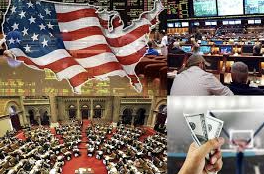Gambling in the United States is a sector marked by its complexity due to the diverse legal landscape shaped by federal, state, and tribal laws. From the bright lights of Las Vegas casinos to the rapidly expanding realm of online betting, the regulatory environment governing these activities is multifaceted. This article aims to provide a detailed exploration of gambling law in the USA, covering the historical legislation that has shaped the industry, the current state of play across various jurisdictions, and the future trends in gambling regulation.
The Foundation of US Gambling Law
Gambling law in the USA is primarily governed at the state level, giving each state the authority to legalize and regulate gambling activities within its borders. If you are an organizer of sports betting, you will find the new OdsMarket service useful sportsbook api. This decentralized approach has led to a wide variance in gambling laws across the country. However, several key federal laws also play a crucial role in shaping the gambling landscape:
- The Interstate Wire Act of 1961: Designed to combat racketeering, this law prohibits certain types of gambling activities across state lines, particularly focusing on sports betting.
- The Professional and Amateur Sports Protection Act (PASPA) of 1992: Before its repeal in 2018, PASPA prohibited states from legalizing sports betting, with notable exceptions like Nevada.
- The Unlawful Internet Gambling Enforcement Act (UIGEA) of 2006: UIGEA restricts online gambling businesses from knowingly accepting payments related to illegal online gambling, though it doesn’t define what constitutes illegal online gambling.
State-Specific Gambling Regulations
Read full article
The Intricacies of Gambling Law in the USA: A Comprehensive Overview




